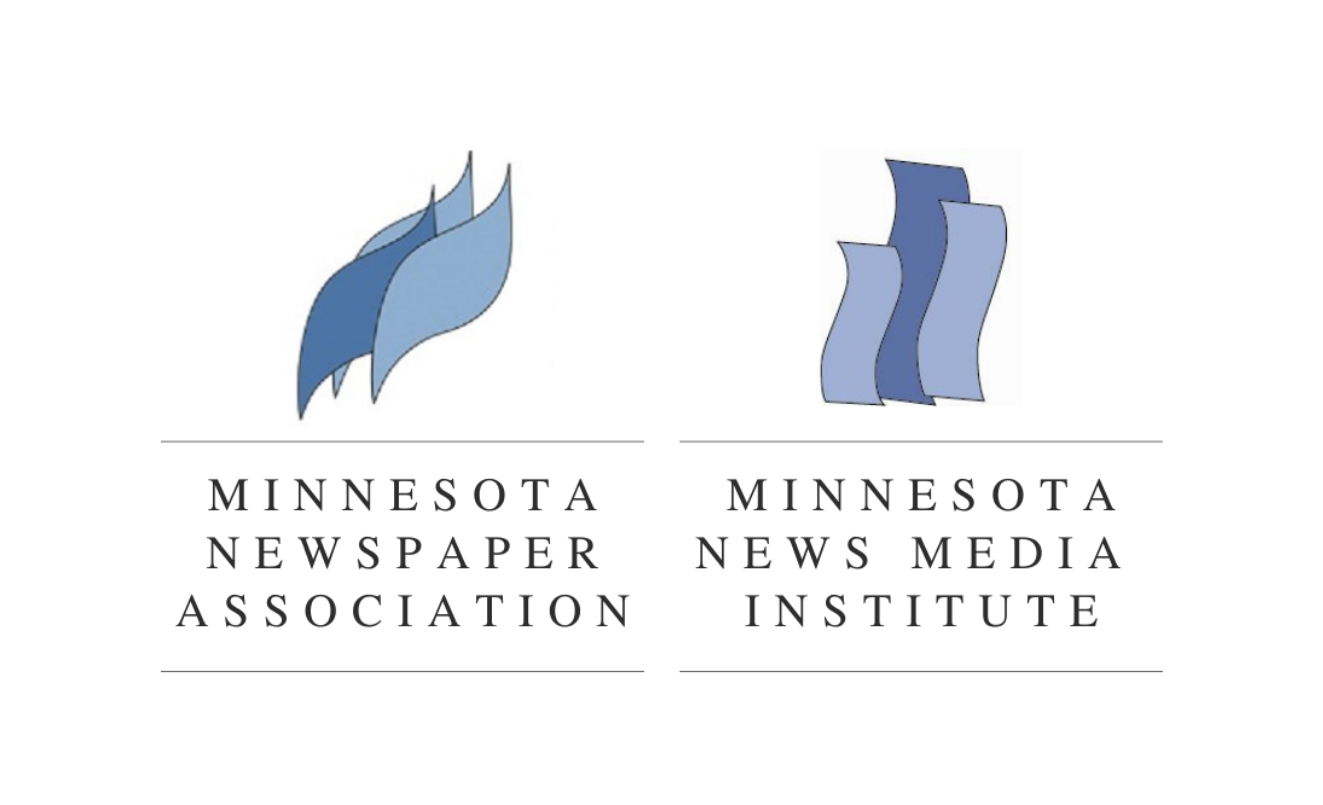By John Foust
Raleigh, NC
 Don, who manages a newspaper sales department, is always looking for ways to strengthen customer relations. “We understand the importance of first impressions,” he told me. “Know something about the prospect’s business before calling. Show up for the first appointment with a big smile and a firm handshake. Ask questions to learn about their overall situation and their marketing goals.
Don, who manages a newspaper sales department, is always looking for ways to strengthen customer relations. “We understand the importance of first impressions,” he told me. “Know something about the prospect’s business before calling. Show up for the first appointment with a big smile and a firm handshake. Ask questions to learn about their overall situation and their marketing goals.
“All of that is important,” he said. “But what about second impressions? I’ve been hearing a lot about that lately. We all know from personal experience what it’s like to for a sales person to treat us like royalty during an initial meeting, then act like they barely know us after that – especially if we don’t buy something right away. That’s why the things we do in that second contact can make a big difference in the sales person-customer relationship.”
Here are some ideas:
1. Express appreciation immediately. “A good old-fashioned ‘thank you’ is a must,” Don said. “Simply thank them for taking the time to meet with you. An email is faster, but a handwritten note is more memorable.”
2. Email a summary of your meeting. “This can save a lot of headaches down the road,” Don explained. “The more you discussed in your first conversation, the greater the need for a summary. For example, here’s a short version of what you could say: ‘Thank you for taking some time to meet with me to discuss marketing ideas. We discussed: Point 1, Point 2 and Point 3. The next step is for me to provide you with a detailed proposal by the end of next week. Looking forward to our next conversation.”
3. Send business-related information. “Obviously, this can be related to your conversation,” he said. “For example, if you talked about zoned coverage or click rates, send more details. If you can do a little online research, find some relevant ads that worked well for a similar business in another market. Or maybe you can find a couple of famous ads for national brands, which your prospect could find interesting. Make sure they illustrate advertising principles that can help his or her business.”
4. Send non-business information. If you learned that he is a golfer, email a link to an interesting video about golf. If she mentioned that her family is planning a vacation to Europe, send a related link or clipping from your paper’s archives.
5. Ask for more details about the things you discussed. For example, if you’re working on a marketing proposal, do you need more information about prospective target audiences? Would you like to have more statistics on sales of their seasonal products? Would it help to have a list of loyal customers who could be willing to provide testimonial quotes?
“It’s smart to ask questions at this point,” Don said. “It helps you learn more and it keeps the client engaged in the development process.
Don’s ideas make a lot of sense. A sales person has only one chance to make a second impression.
(c) Copyright 2017 by John Foust. All rights reserved.
John Foust has conducted training programs for thousands of newspaper advertising professionals. Many ad departments are using his training videos to save time and get quick results from in-house training. E-mail for information: john@johnfoust.com.
